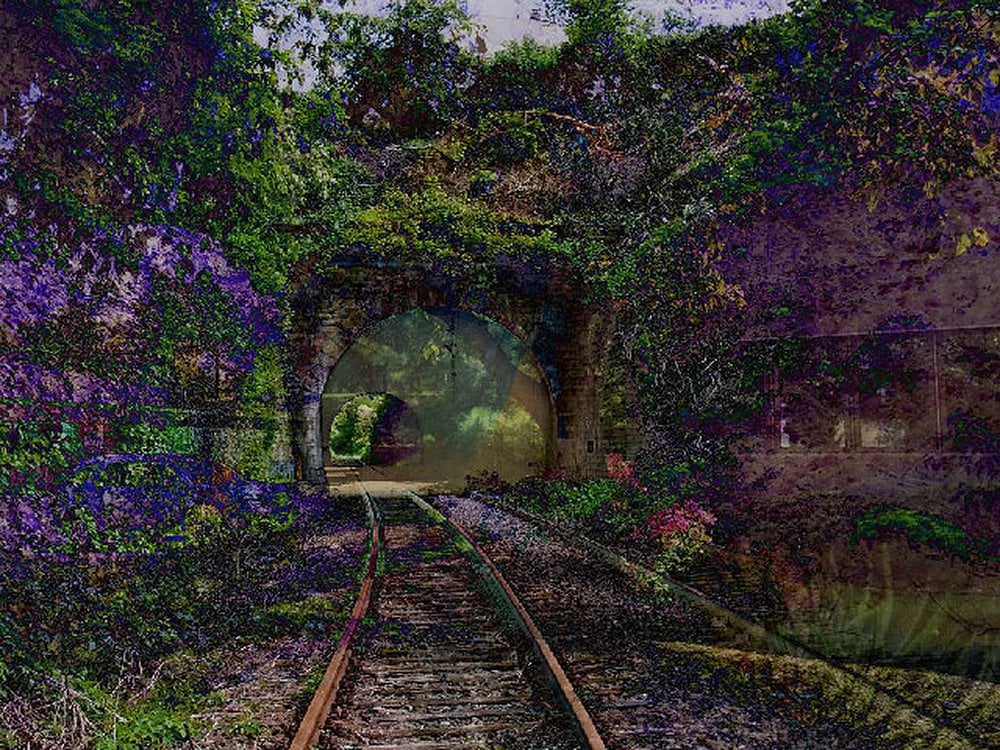Fair and Transformative Use
In February 2022, Dr. Stephen Thaler requested copyright for an AI-generated artwork called “A Recent Entrance to Paradise” with the AI generator identified as the creator. His request was rejected because United States Copyright requires human authorship.

"A Recent Entrance into Paradise" by DABUS & Dr. Stephen Thaler, 2012
Fair use falls under US Copyright law, explaining how existing works can be legally used by creators. It is necessary for the First Amendment right to freedom of expression because copyright should not be used to prevent or limit the expression of others. Fair use is based on four factors that each must be considered to decide if fair use applies:
-
Purpose and character of the use: This factor relates to how the creator plans to use existing copyrighted material. Education, scholarship, research, news reporting, criticism, and commentary are among the favored uses, while commercial interest weighs against fair use.
-
Nature of the original work: Published and factual work is more likely to be considered fair use, while borrowing from creative works is less likely.
-
Amount and substantiality of the portion used: The use of smaller amounts of source material favors fair use, as well as the use of less central aspects of the source material.
-
Effect of the use on the potential market for, or value of, the source work: If the use could potentially harm the market that the creator of the original owner could take advantage of, fair use is less likely.
The application of fair use relies on a holistic approach with these four factors, rather than prioritizing certain aspects. Fair use is intentionally flexible, which also makes it complicated for many applications, as the Rogers v Koons and Warhol v Goldsmith cases have illustrated. Transformative use is a new addition to fair use law and was first raised in the Supreme Court in 1994. It can apply even when the four fair use factors do not cover new work based on existing work because it applies when that new work adapts the existing work in ways that are entirely unexpected.

"Freedom of expression, surrealism," DALL-E 2, 2022